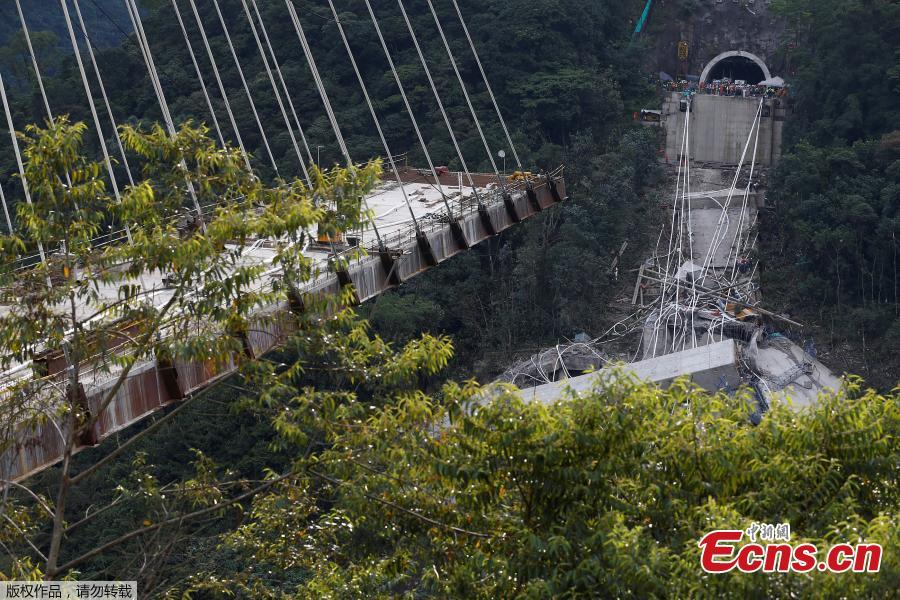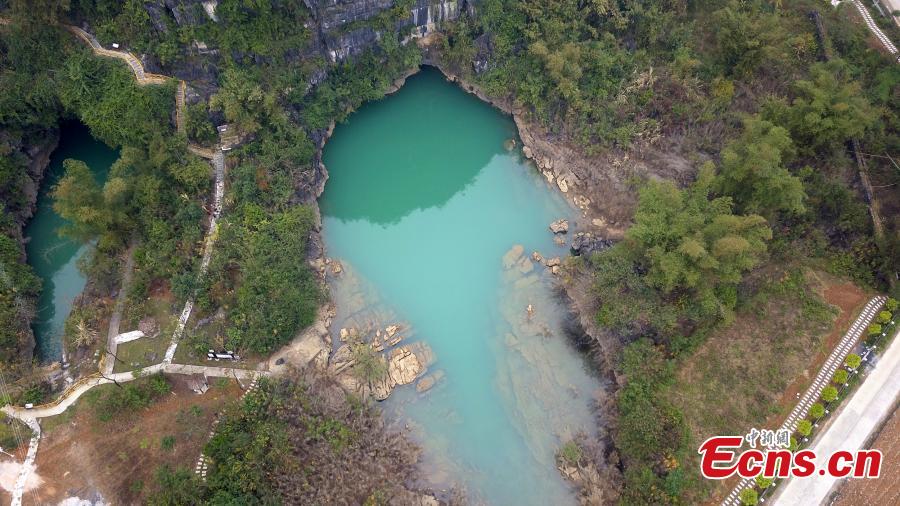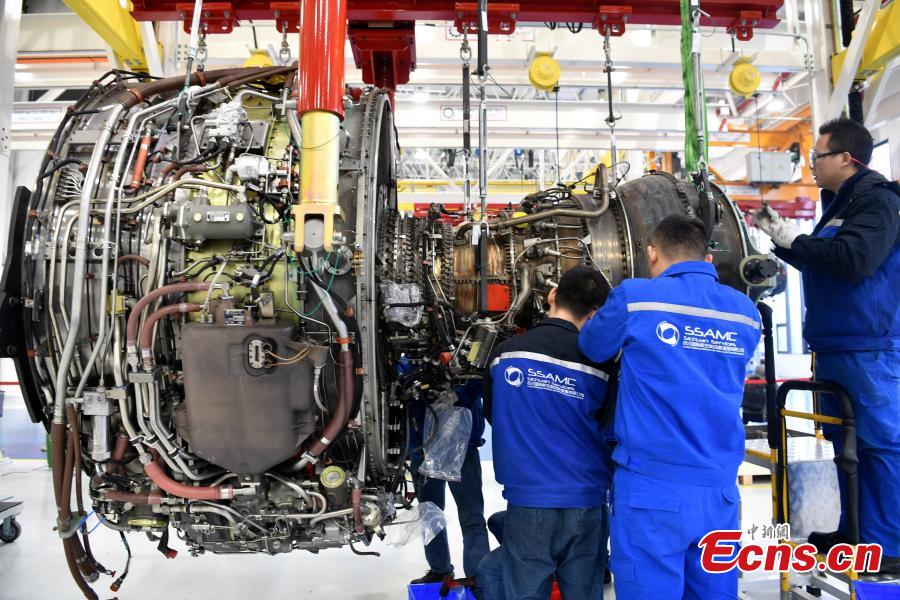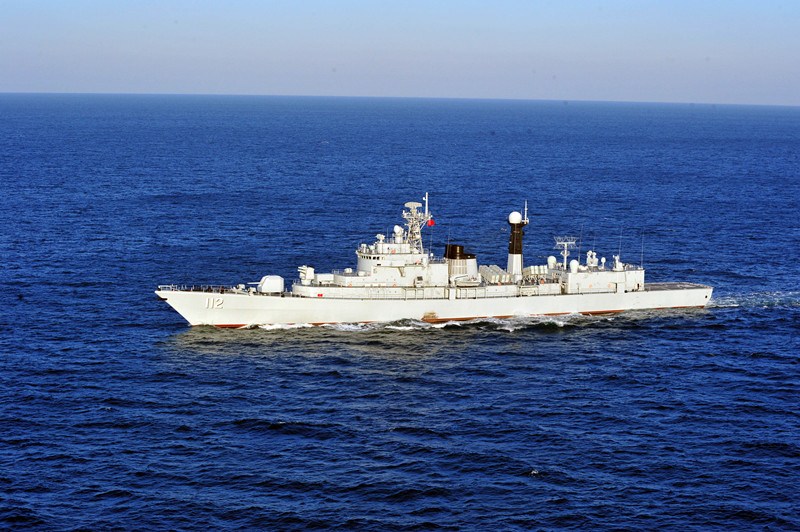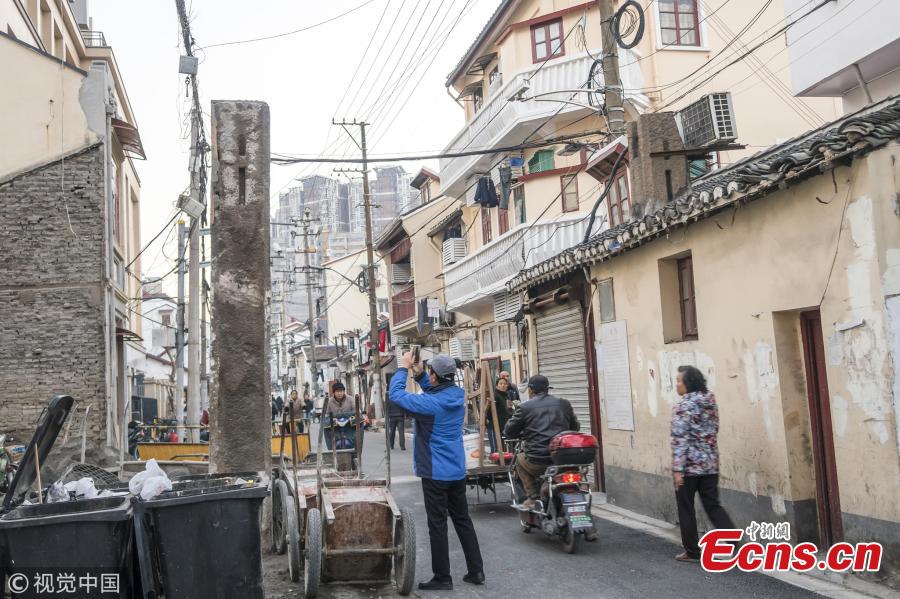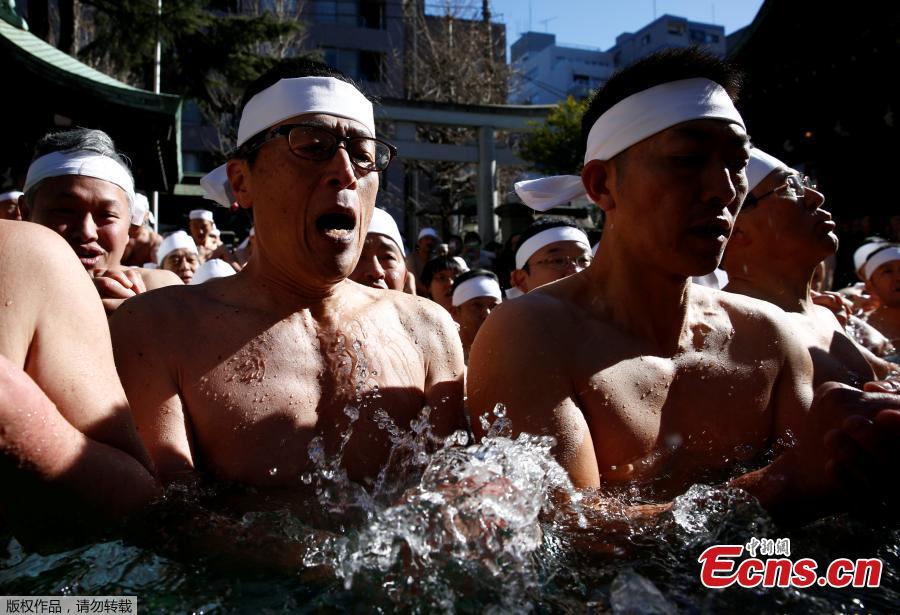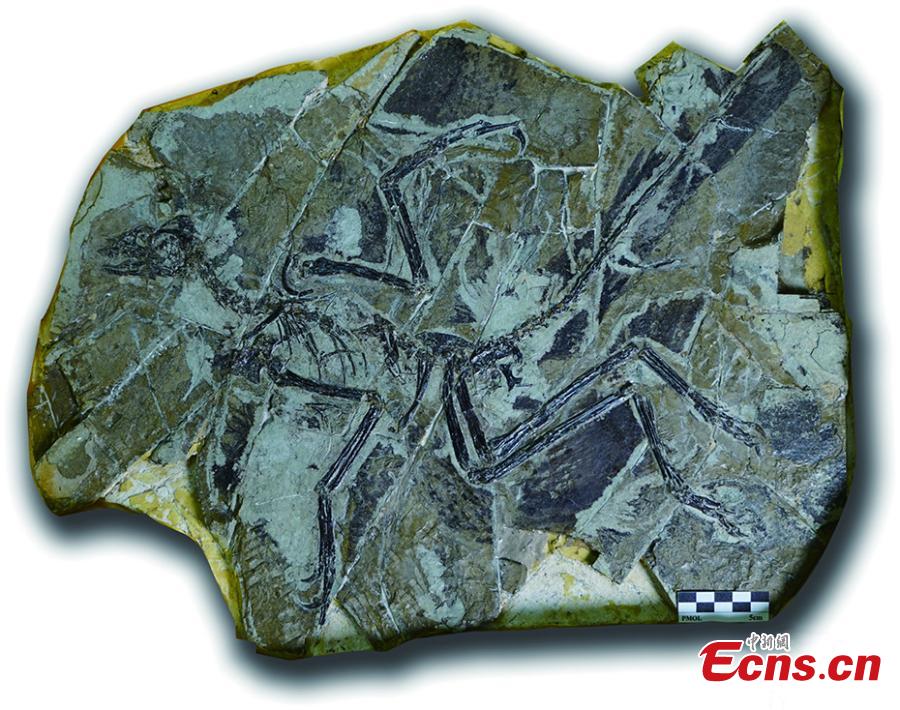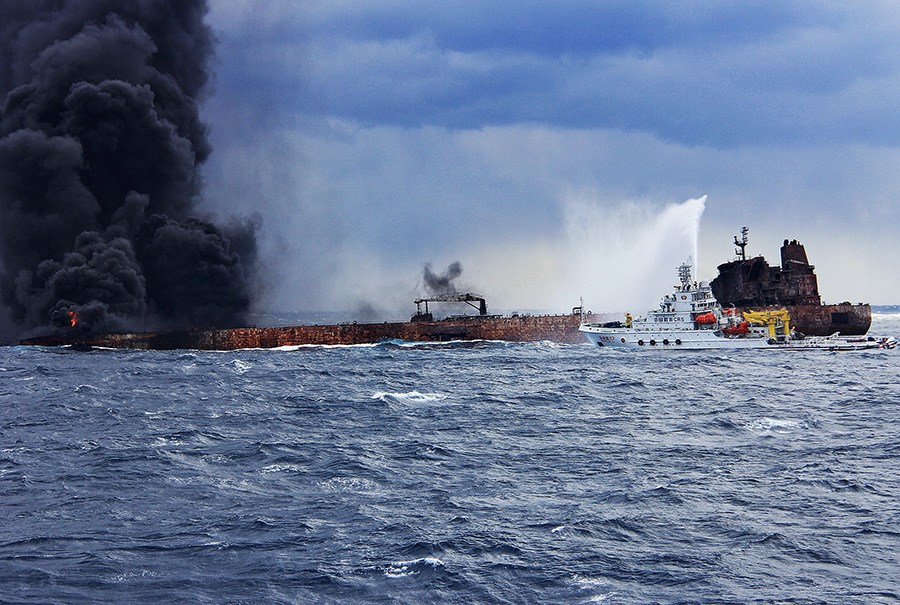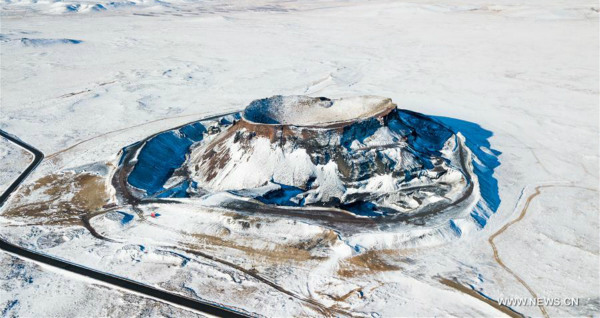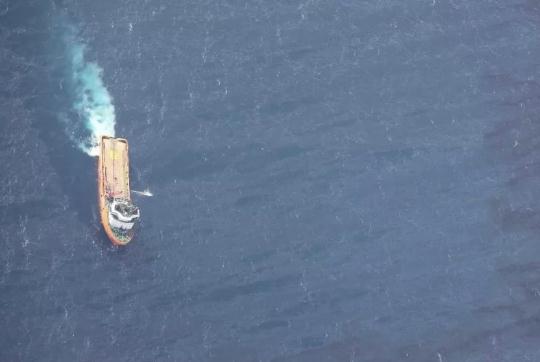Oil spill from tanker collision could pose a harm to coastal ecosystem
China has sent air and marine surveillance forces to monitor the oil leak caused by the sunken oil tanker Sanchi and will continue to work with other nations in handling this matter, said a Foreign Ministry spokesman.
The nation has also spared no effort in the search and rescue of crew members from the ship and will cooperate with Iran to investigate the accident, Lu Kang told a news conference in Beijing on Tuesday.
The spokesman refuted allegations that "China did not use adequate measures to search for and rescue crew members", saying the Iranian side has fully recognized China's efforts.
In addition to its own vessels, China invited ships from South Korea and Japan to take part in the search-and-rescue operations. Currently, 13 vessels are working together at the scene, he said.
The Panama-registered Sanchi, which was owned by an Iranian company and carried 136,000 metric tons of highly flammable condensate oil, or natural gas liquids, collided with a Hong Kong freighter, CR Crystal, on Jan 6 some 160 nautical miles east of Shanghai and burst into flames.
On Sunday, the ship exploded and sank. A large amount of the spilled condensate continued to burn on the sea's surface until Monday morning, the State Oceanic Administration said.
Chinese experts have said that if the leak is not adequately dealt with, it will jeopardize the ecosystem of the surrounding waters, and that the most urgent task is to retrieve the leaked oil.
Peng Yingdeng, a researcher at the National Research Center on Urban Environmental Pollution Control in Beijing, told Red Star News, a mobile phone-based portal in Sichuan province's Chengdu, that the accident seems to have had little effect on the air quality of coastal cities but is likely to extensively disturb the structure and functions of seawater around the scene.
Huang Weiqiu, a professor at Changzhou University's School of Petroleum Engineering, explained to the same portal that the leaked condensate oil will take a long time to evaporate due to the chilly temperature of the sea, so it is likely to remain afloat and keep moving along with sea waves, posing a serious threat to marine organisms.
Science and Technology Daily quoted Professor Gong Yongjun, a marine salvage expert at Dalian Maritime University in Liaoning province as saying that China is technically capable of recovering most of the oil that has sunken with the vessel using divers and robots.














